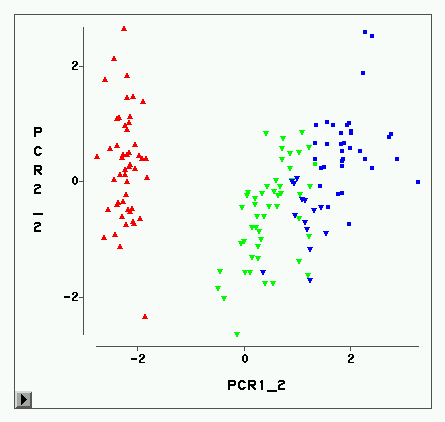We develop a general permutation-based closed testing method to compute a simultaneous lower confidence bound for the true discovery proportions of all possible subsets of a hypothesis testing problem. It is particularly useful in functional Magnetic Resonance Imaging cluster analysis, where it is of interest to select a cluster of voxels and to provide a confidence statement on the percentage of truly activated voxels within that cluster, avoiding the well-known spatial specificity paradox. We offer a user-friendly tool to find the percentage of true discoveries for each cluster while controlling the familywise error rate for multiple testing and taking into account that the cluster was chosen in a data-driven way. Permutation theory adapts to the spatial correlation structure that characterizes functional Magnetic Resonance Imaging data and therefore gains power over parametric approaches.
翻译:我们开发了一个基于一般变异的封闭测试方法,以计算一个同时存在的较低信任度,约束于假设测试问题所有可能的子集的真实发现比例。这种方法在功能性磁共振成像群分析中特别有用,因为在此分析中,选择一组氧化物是值得注意的,并提供关于该组中真正激活的氧化物百分比的信任度说明,以避免众所周知的空间特殊性悖论。我们提供了一个方便用户的工具,以寻找每个组群的真实发现比例,同时控制多试一次的自圆误差率,同时考虑到该组群是以数据驱动的方式选择的。变异学理论适应了功能性磁共振成像数据所特有的空间相关结构,从而获得了对参数方法的超强力。



